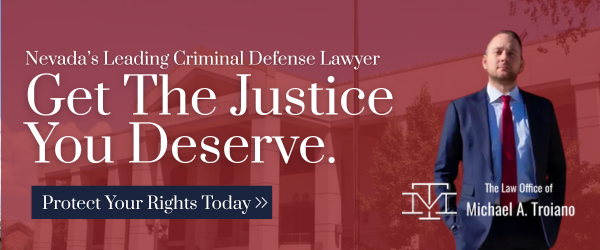 Laughlin Felony Lawyers, Nevada
Laughlin Felony Lawyers, Nevada
Sponsored Law Firm
-
 x
x

Click For More Info:
-
Hofland & Tomsheck Attorneys at Law
228 South 4th St Las Vegas,NV 89101» view mapCriminal Defense, DUI/DWI, Personal Injury Las Vegas Criminal Defense Lawyer
We know your freedom & future hang in the balance in and we take our responsibility to represent you seriously.We will do everything possible to defend you.
800-653-0570
Not enough matches for Laughlin Felony lawyer.
Below are all Laughlin lawyers.
Lawyers
1-1 of 1 matches





 Joshua Tomsheck Las Vegas,NV
Joshua Tomsheck Las Vegas,NV About UsJoshua Tomsheck
About UsJoshua Tomsheck Case ResultsWe Get Results!
Case ResultsWe Get Results!